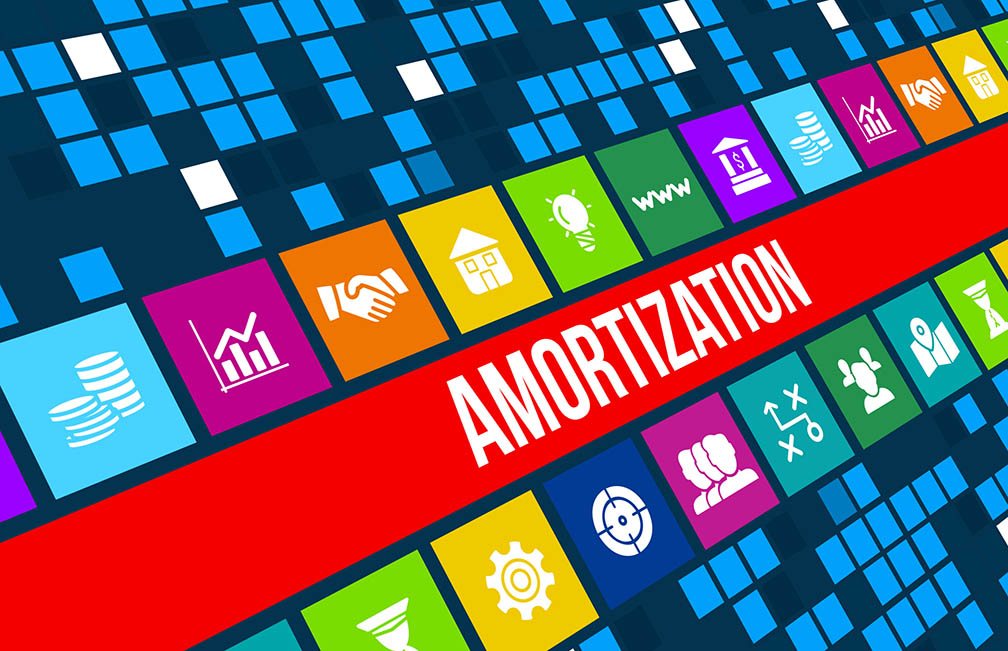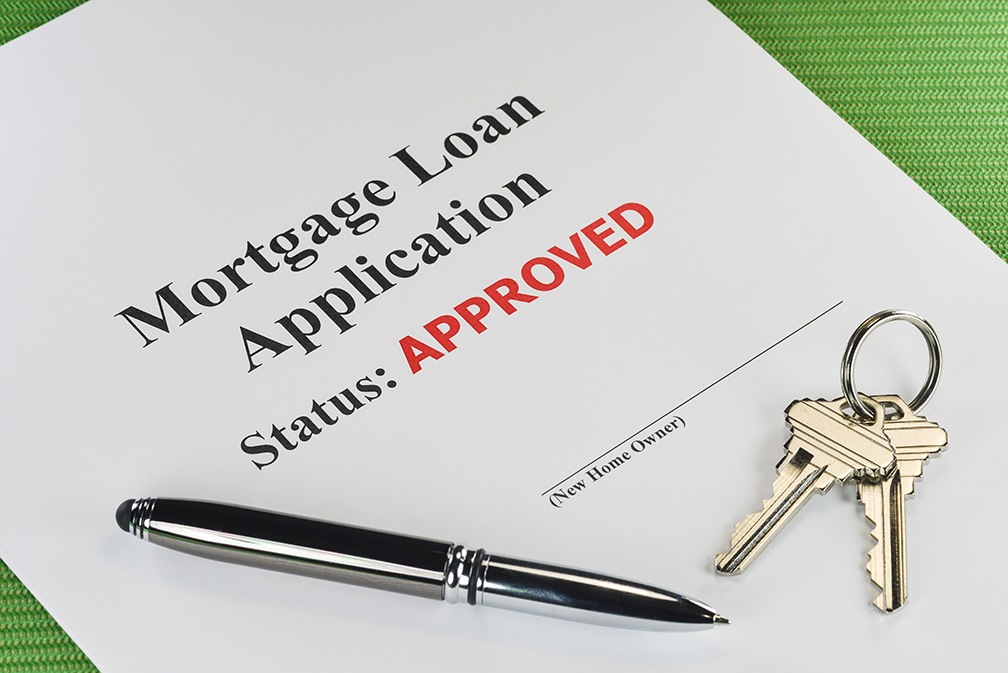A Quick Look at Reverse Mortgages: The Golden Ticket to Enjoying Your Golden Years
 With a high volume of millennials set to enter the real estate market this year, it may seem like all the available options out there were created to snag new home buyers. However, there are products available on the market that cater to those who are in their golden years too. If you’re older than 62 and are currently weighing the options with your mortgage, here are the basics on reverse mortgages and why they might positively benefit you.
With a high volume of millennials set to enter the real estate market this year, it may seem like all the available options out there were created to snag new home buyers. However, there are products available on the market that cater to those who are in their golden years too. If you’re older than 62 and are currently weighing the options with your mortgage, here are the basics on reverse mortgages and why they might positively benefit you.
The Scoop On Reverse Mortgages
It may seem like this mortgage option hasn’t been around that long, but it was actually created in 2009 following the recession. Known as the Home Equity Conversion Mortgage for Purchase (HECM), this product is specifically directed at those who are retired or close to retirement that want to tap into the equity in their home. This option is only beneficial for those who plan on staying in their home long term, the loan is paid off at the time the homeowner moves out or passes on.
What Are The Requirements?
Because a reverse mortgage enables the homeowner to tap into the equity they’ve already paid into their home, there are many requirements involved in using this type of mortgage product. In addition to being 62 or older, the homeowner will have to have a high amount of equity in their home. They will also have to prove that they have the financial ability to make their monthly payments, in addition to being able to pay the insurance and property taxes on the property. The homeowner will also have to comply with the requirements set out by the Federal Housing Administration.
Is It The Right Choice?
Like any mortgage product, it’s important to determine before choosing this mortgage product that it’s right for you. While a reverse mortgage gives the benefit of providing access to cash and allows you to put your money elsewhere, it can end up costing more down the road since interest will continue to accrue on the principal amount owing. Before diving in, ensure that you do the calculations and consult with a professional to ensure it’s going to be a financial benefit in the end.
A reverse mortgage can be a great means of accessing cash for homeowners who are 62 or older, but it’s important to weigh all the financial aspects before making a final decision. If you’re currently looking into your mortgage options, contact your trusted mortgage professionals for more information.

 Buying a home is one of the largest investments you will make in your life, and that’s why so many people have longer mortgage amortization periods to pay down the principal. While it may seem appealing to have a longer amortization period, here’s why an extended loan term can end up costing you more and may be less financially beneficial when it comes right down to it.
Buying a home is one of the largest investments you will make in your life, and that’s why so many people have longer mortgage amortization periods to pay down the principal. While it may seem appealing to have a longer amortization period, here’s why an extended loan term can end up costing you more and may be less financially beneficial when it comes right down to it. While there are differing schools of thought when it comes to whether or not a person should pay off a mortgage before the loan term ends, there may be some benefits to making payments on a bi-weekly basis as opposed to monthly basis. What are some of the reasons why it may be beneficial to make two payments a month instead of one? Here are three reasons why you should ditch the monthly fees and make payments once every two weeks.
While there are differing schools of thought when it comes to whether or not a person should pay off a mortgage before the loan term ends, there may be some benefits to making payments on a bi-weekly basis as opposed to monthly basis. What are some of the reasons why it may be beneficial to make two payments a month instead of one? Here are three reasons why you should ditch the monthly fees and make payments once every two weeks. Are you in the market for a new home? If you are going to rely on mortgage financing to cover some of the purchase cost, you will need to start the application process as soon as possible. However, what if you just need to know how much you will be able to borrow so you can start finding homes in your price range?
Are you in the market for a new home? If you are going to rely on mortgage financing to cover some of the purchase cost, you will need to start the application process as soon as possible. However, what if you just need to know how much you will be able to borrow so you can start finding homes in your price range? Buying a house can be an exciting but complex process that involves many legal requirements.
Buying a house can be an exciting but complex process that involves many legal requirements.